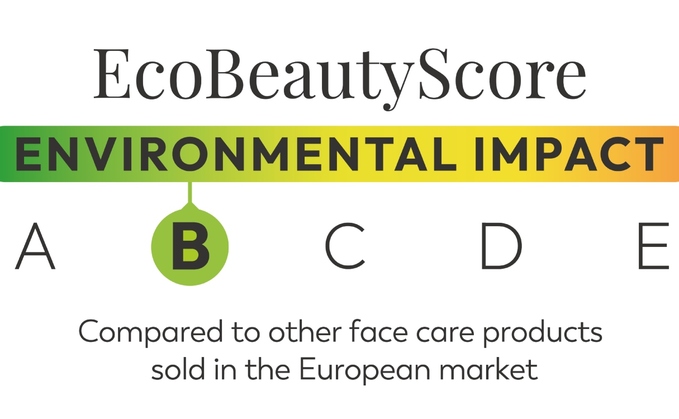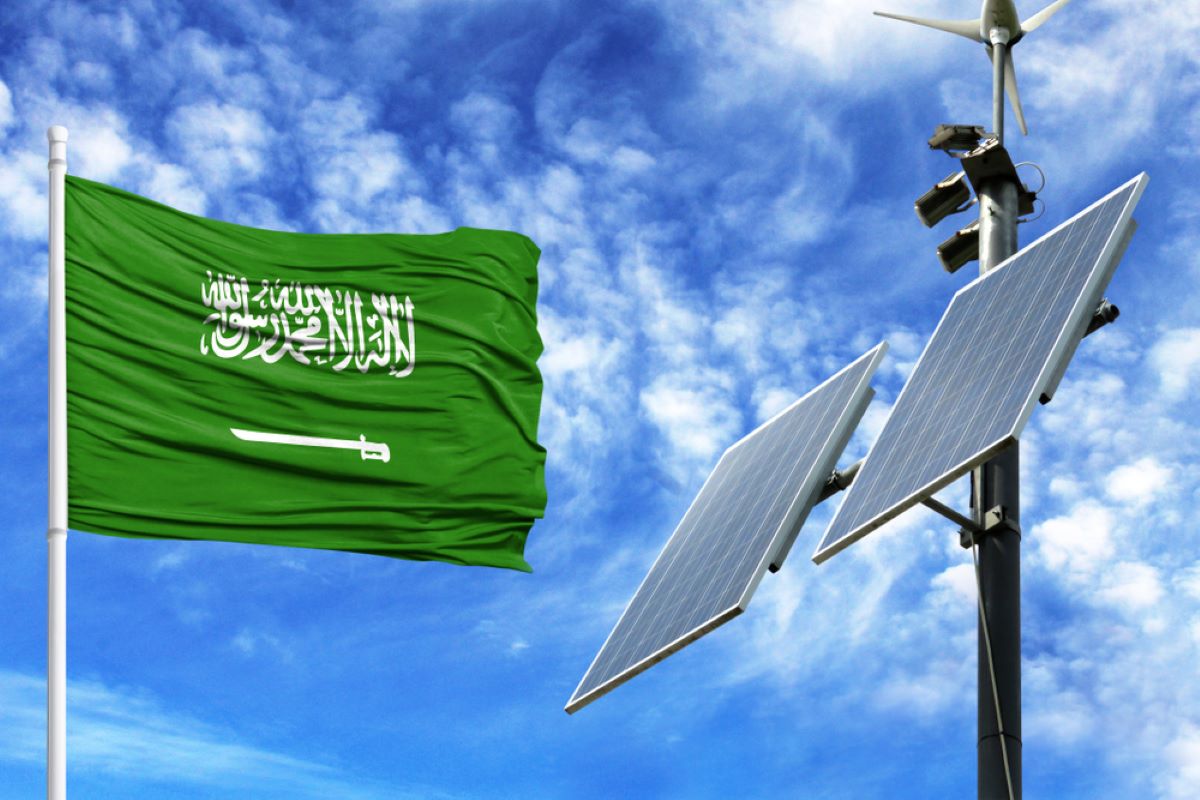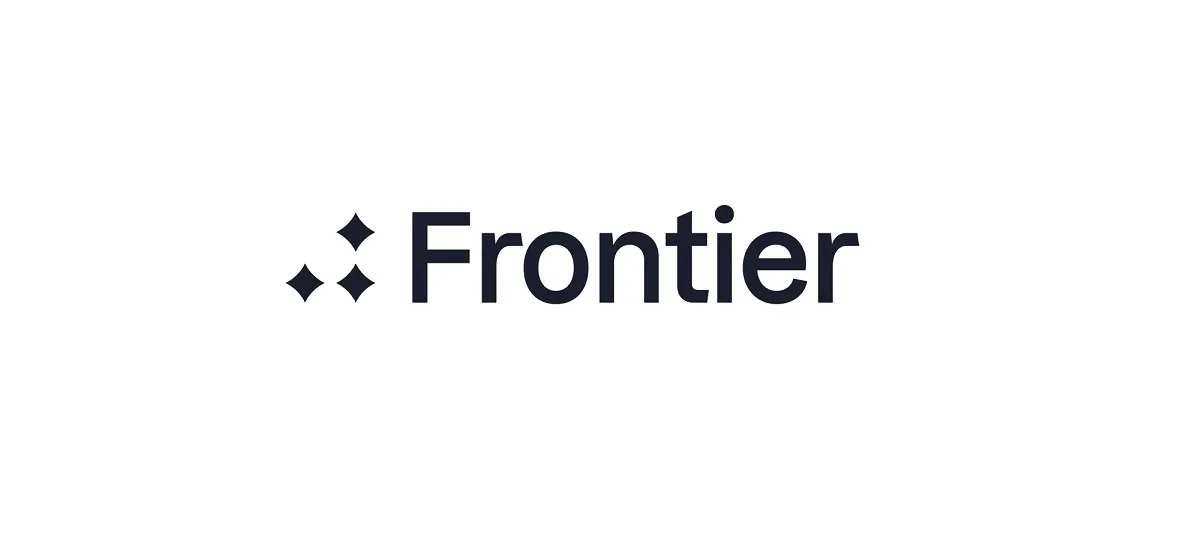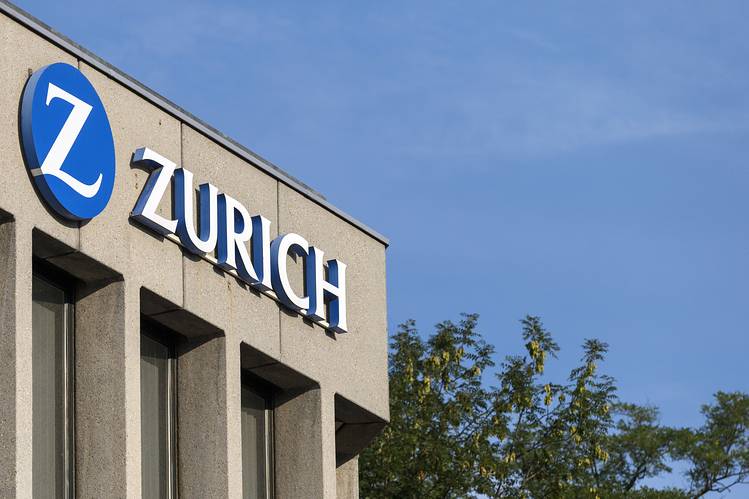EU Commission Approves €2.08 Billion French Measure to Support Offshore Wind Energy Generation
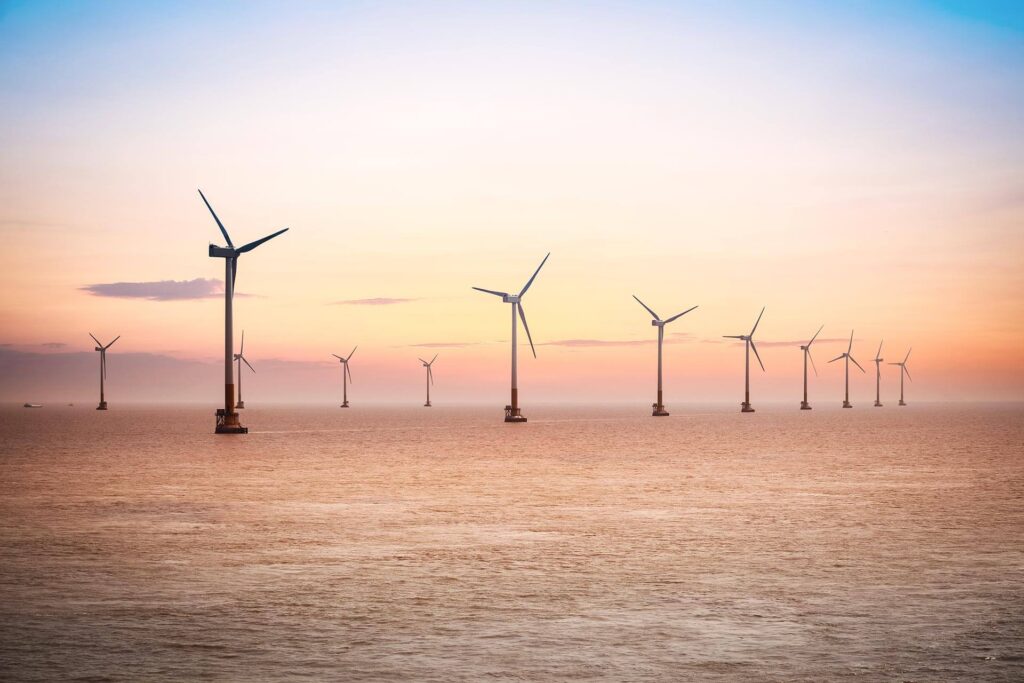
|
Listen to this story:
|
The European Commission has approved, under EU State aid rules, a €2.08 billion French measure to support offshore wind electricity production in France. The measure will contribute to achieving France’s energy and environmental targets, as well as the objectives relating to the EU’s Offshore Renewable Energy Strategy and the European Green Deal.
The French measure
France notified to the Commission its intention to support the construction and the operation of a floating offshore wind farm in the sea off the coast of the South of Brittany. The aid measure, which will run for a period of 20 years starting of the operation of the wind farm in 2028, will have a total maximum budget of €2.08 billion.
Floating offshore wind technology is at an initial stage in France; until now only small pilot projects have been developed. The floating offshore wind farm supported by the measure will be the first commercial project of this kind in France. It is expected to have a capacity of 230 to 270 MW, and to generate 1 TWh of renewable electricity per year for a period of 35 years.
The beneficiary of this measure will be selected through a transparent and non-discriminatory bidding process, where bidders will compete mainly on the basis of the amount of aid per MW of installed capacity. The beneficiary is planned to be designated in the second semester of 2023.
See related article: EU Commission Approves €1.36 Billion to Compensate Companies in Greece for Indirect Emission Costs
The aid will be granted in the form of a monthly variable premium under the model of a two-way Contract for Difference. The variable premium will be calculated by comparing a reference price, determined in the tender offer of the beneficiary (“pay as bid”), and the market price for electricity. When the market price is below the reference price, the beneficiary will be entitled to receive payments equal to the difference between the two prices. However, when the market price is above the reference price, the beneficiary will have to pay the difference between the two prices to the French authorities.
The measure will help France meet its target of producing 33% of its energy needs from renewable sources by 2030. The scheme is expected to lead to the reduction of greenhouse gas emissions by 430.000 tonnes of carbon dioxide per year.
The Commission’s assessment
The Commission assessed the measure under EU State aid rules, in particular Article 107(3)(c) of the Treaty on the Functioning of the European Union (‘TFEU’), which enables Member States to support the development of certain economic activities subject to certain conditions, and the 2022 Guidelines on State aid for climate, environmental protection and energy (‘CEEAG’).
The Commission found that the measure:
- Facilitates the development of certain economic activities, in particular the production of renewable electricity from floating offshore wind technology.
- Has an ‘incentive effect’, as the beneficiary would not carry out the investments in the floating offshore windfarm project without the public support.
- Has a limited impact on competition and trade within the EU. In particular, it is necessary and appropriate to promote the production of renewable electricity. In addition, it is proportionate, as the level of the aid corresponds to the effective financing needs. Moreover, necessary safeguards limiting the aid to the minimum will be in place, including a competitive bidding process for awarding the aid. Finally, the measure brings about positive effects, in particular environmental ones, that outweigh any possible negative effects in terms of distortions to competition and trade in the EU.
On this basis, the Commission approved the French measure under EU State aid rules.


